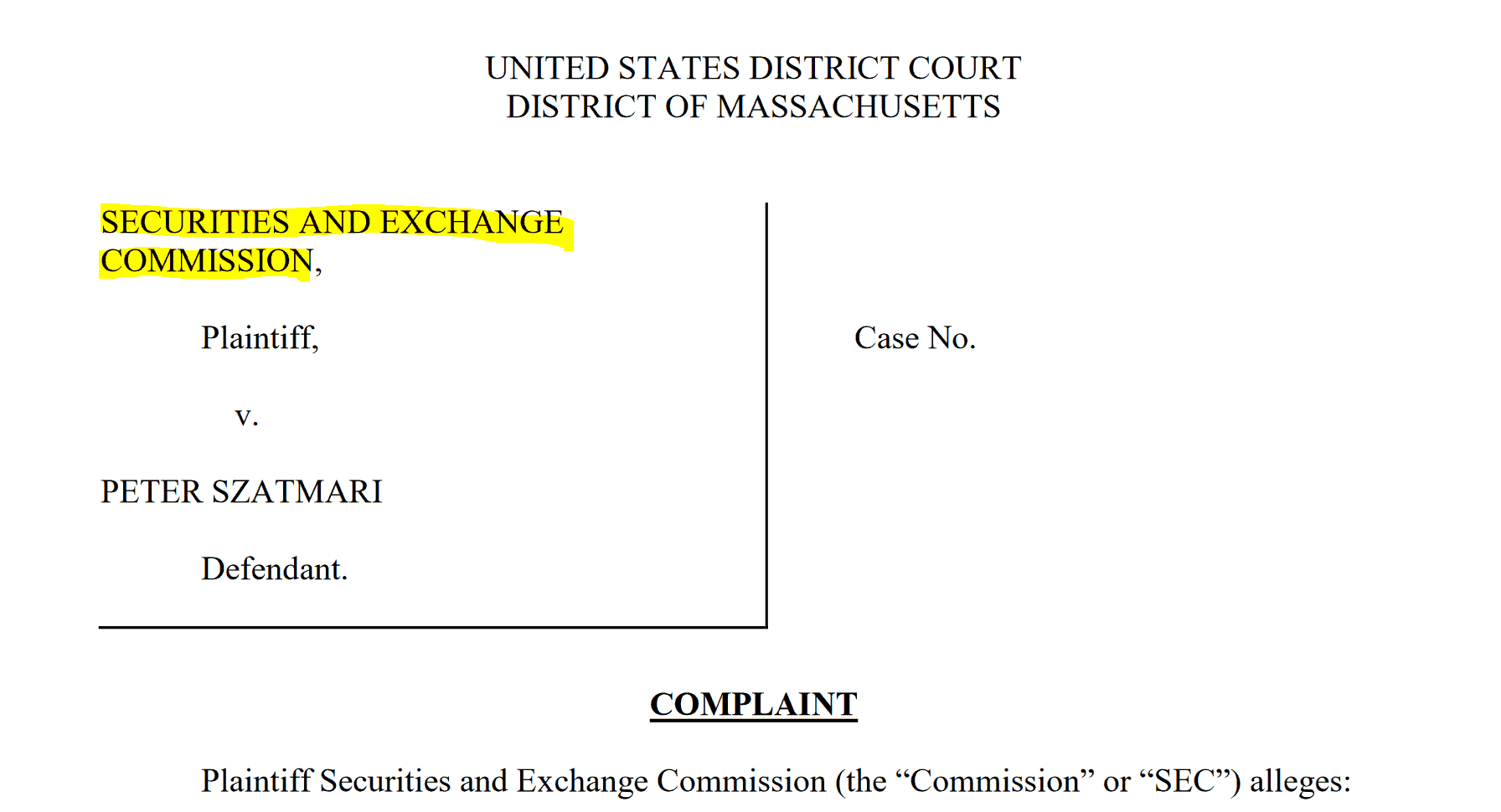Broker Scams don’t just work with boiler rooms to rip off investors. To this end, they also work with affiliate marketing systems to drive the victims to their fraudulent websites. These affiliate marketing operators, like boiler room agents and payment service providers PSP), are co-conspirators in the investment fraud. The U.S. authorities see it exactly this way and are now also taking action against affiliate marketing operators which promoted binary options to retail investors. Law360 reported about a new court case just yesterday.
The U.S. Securities and Exchange Commission (SEC) accused two U.S. based affiliate marketers Friday in Massachusetts federal court of investment fraud. According to the SEC, they used a combination of misleading websites, infomercials, and spam to lure millions of investors in at least six fraudulent binary options schemes. These Internet marketers presented their marketing schemes with f
Starting in January 2014 Peter Szatmari, 43, and David Sechovicz, 37, orchestrated the scheme and netted more than $5.4 million in commissions until late 2016, the SEC says. With their marketing campaigns, they drove investors to the websites of binary options broker scams. The pair received commissions of $350 to $450 from the brokers any time an investor they referred opened and funded a trading account, according to the SEC.
Sechovicz settled with the regulator on Friday and agreed to pay nearly $1.9 million in disgorgement and interest and a $950,000 civil penalty.
They used a variety of misleading tools, including videos advertising free software that would help investors earn vast sums to entice their targeted audience, despite the fact that “no software existed capable of producing the promised results,” the SEC said.
They also placed advertorials that ran on news websites and videos featuring paid actors posing as real investors “enjoying rich lifestyles supposedly achieved by trading binary options,” as well as fabricated demonstrations of the fabricated software and trading accounts in action.
Their colorful campaigns made outrageous assertions to attract investors:
All of our clients are financially independent within 60 days of using this system … they require no job or any other source of income to sustain themselves from that point on,” one video allegedly told viewers.
Promise to investors
The SEC claims that emails between the two indicate that they were aware that they were scamming people.
We’re talking about
Email sent by Peter Szatmarilazy and greedy person who expects and believes that some magic pushbutton software will make lots of money for them. Interesting that some customers keep signing up to brokers despite being ripped off =),” he wrote in another email.
Another email shows him threatening a broker who owed him money. He threatened that he would report the broker to the U.S. CFTC and the SEC.
